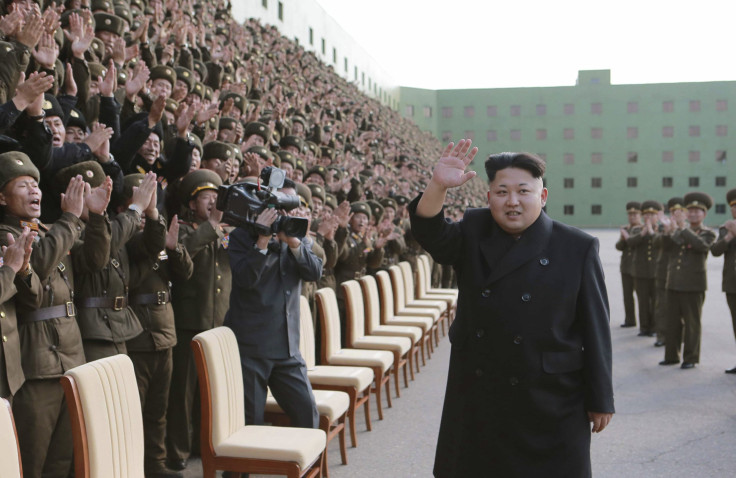Cuba Helping North Korea At United Nations: Attempting To Remove Threat Of ICC Referral Over Human Right Abuses

Cuba is going to bat for North Korea in the United Nations, attempting to water down a draft resolution that calls for the hermit kingdom to be referred to the International Criminal Court (ICC) on human rights charges.
The Cuban delegation has been circulating the text of a draft amendment to a General Assembly resolution proposed by the European Union and Japan, saying that the ICC referral is “a dangerous precedent that could be applied in the future against any developing country,” according to the Associated Press.
Western diplomats said that it was likely both the EU-Japanese draft resolution and Cuban amendment will go to a vote next week, and the amendment has a chance of succeeding, according to Reuters.
Cuba's diplomatic assistance to North Korea comes on the heels of the 2013 detention of a North Korean ship, the Chon Chong Gang, in the Panama canal, which was found to be carrying weapons from Cuba to North Korea, in violation of international sanctions.
North Korea has reacted with uncharacteristic unease, following the release of a damning United Nations report in February, which outlined a catalog of alleged human rights abuses committed by the North Korean authorities. The report claimed that the regime practiced, among other abuses, arbitrary detention, torture, executions and the deliberate starvation of inmates in the country's prison camps.
It also made explicit comparisons between North Korea's alleged human rights abuses and atrocities committed by the Nazi regime.
North Korea issued a 53,000 word rebuttal to the U.N. report which, according to officials in the country, aimed to “lay bare the false and reactionary nature of the reckless anti-North Korean human rights racket and to wipe out the prejudice and misunderstanding.”
In the wake of the report, North Korea has embarked on a diplomatic offensive -- through their Cuban proxies. Foreign Policy reported in October that Cuban diplomats acting on behalf of North Korea had offered the E.U. a trade: North Korea would invite the U.N. high commissioner for human rights to Pyongyang, in exchange for European assurances that the North Korean leader would be off-limits.
A European diplomat told the magazine that “The reaction was very negative to such a deal. We don't trust them -- that's for sure. But even if we trusted them, we wouldn't trade a referral to the ICC for a visit to the country. It's a little late for that," adding, “the Cubans have been doing [the North Koreans'] diplomacy basically because they are not so skillful.”
North Korea's charm offensive is hampered by the fact that it does not have bilateral diplomatic relations with many of the key countries it would like to influence. Cuba is one of the few countries, along with Iran, that have maintained diplomatic ties with the country for an extensive period.
In another unexpected diplomatic move, North Korea recently released three Americans that it had held on various charges in the country. According to a report in the New Yorker, the unilateral prisoner release may have been a further attempt to stave off the threat of criminal charges against North Korea's leader, Kim Jong-Un.
© Copyright IBTimes 2024. All rights reserved.












